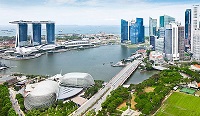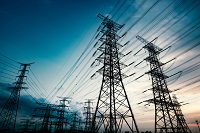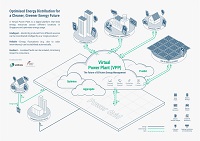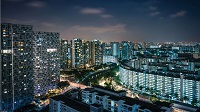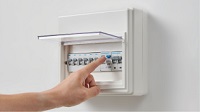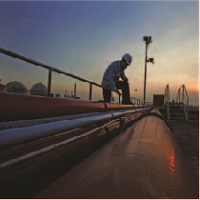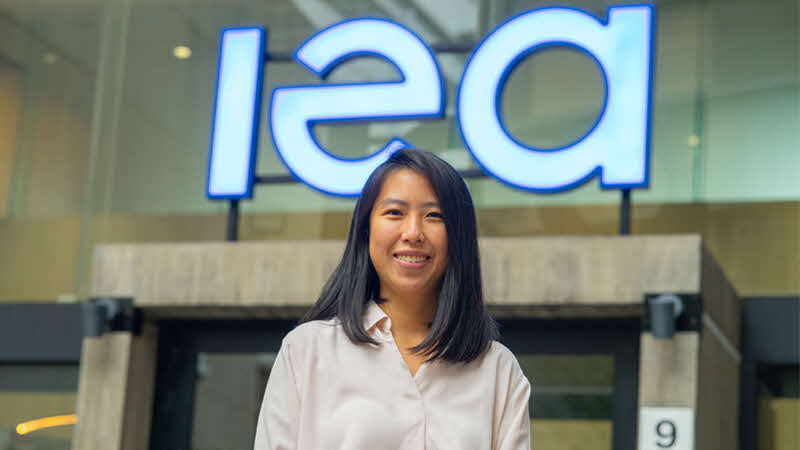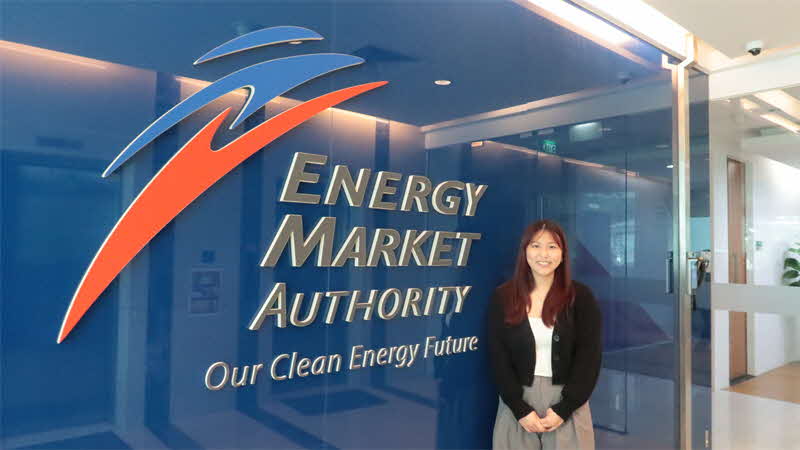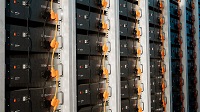Get information on licensees in the electricity, gas and district cooling sectors. For companies who are interested to apply for a licence or to renew their licence, please visit the GoBusiness Licensing portal.
As Singapore’s energy regulator, EMA issues licences to companies involved in the electricity, gas and district cooling sectors.
Licensees Directory
Electricity
Each electricity licensee plays a different role to ensure that homes, offices and industries have a competitive, secure and reliable supply of electricity.
Generation companies produce electricity, and have at least one generating unit of 10 MW or above each.
Importers import and sell electricity to Singapore.
- Retailers sell electricity to contestable consumers. There are two types of retailers:
- Market Participant Retailers: They have to be registered with the Energy Market Company to purchase electricity from the National Electricity Market of Singapore (NEMS) to sell to contestable consumers.
- Non-Market Participant Retailers: They need not be registered with the Energy Market Company since they purchase electricity indirectly from the NEMS through the Market Support Services Licensee.
- For more information on becoming a retailer, please refer to the Guide and Application Checklist. For existing retailers who wish to renew their licences, please refer to the Checklist on the things to look out for.
Wholesalers trade electricity in the wholesale electricity market, and are authorised to:
- generate electricity by means of a generating unit which has a name-plate rating of 1 MW or more but less than 10 MW and is connected to the power grid;
- provide ancillary services or any electricity-related product or service through a load reduction;
- supply, sell or offer to sell electricity generated at specified premises by the Licensee by means of a generating unit to a non-residential consumer at the same specified premises.
For generating units of less than 10 MW that wish to be paid for the electricity it exports to the power grid, the generating unit(s) must be registered with the Market Company or the Market Support Services Licensee under the Enhanced Central Intermediary Scheme (ECIS).
Consumers can participate in the wholesale electricity market through reducing their load during times of high wholesale electricity price or system supply shortage under the Demand Response Programme and Interruptible Load Scheme respectively. For consumers who wish to offer either individual load facility or aggregated load facilities of multiple contestable consumers within the same specific zone to be reduced, the minimum load reduction of the individual or aggregated load facilities is 0.1 MW.
Companies with a Wholesaler Licence can supply, sell or offer to sell electricity generated at a Specified Premises to a non-residential consumer at the same Specified Premises. Specified Premises are defined as any premises that: (a) are lawfully used or occupied by the Licensee for the purpose of generating electricity through a generating unit on the premises for supply and sale by the Licensee of the electricity to one or more consumers who lawfully use or occupy the premises for non-residential purposes; and (b) are also supplied electricity from a transmission system. These premises can include: (i) a single building; and (ii) a cluster of buildings under a single master-sub metering arrangement.
Due to the nature of Singapore’s electricity market, some licensees are natural monopolies.
SP Services Ltd is the Market Support Services Licensee (MSSL), which provides services such as the settlement of bills, meter reading and data management, as well as customer transfer services for contestable consumers who switch from one electricity retailer to another. For contestable consumers who have not appointed an electricity retailer, the MSSL facilitates access to the National Electricity Market of Singapore (NEMS). It also supplies electricity to non-contestable consumers. In addition to its market support services functions, the MSSL also provides billing and payment collection of charges for use of the electricity transmission system on behalf of the Transmission Licensee.
The Energy Market Company (EMC) is the Market Company Licensee. It operates and administers the NEMS. Besides operating and administrating the NEMS, EMC also schedules generating units and settles accounts of market participants.
SP PowerAssets Ltd is the Transmission Licensee. It owns and manages Singapore's electricity transmission system, which transmits electricity from generation companies to consumers.
- SP PowerGrid Ltd is the Transmission Agent Licensee. It is appointed by SP PowerAssets Ltd to transmit electricity on its behalf.
- Consumers who wish to have their generation facility produce electricity primarily for their own use may apply to be an Embedded Generator. These consumers with embedded generators are allowed to connect their load facilities to the power grid for additional and/or backup electricity supply. They can also sell their excess generation in the wholesale electricity market.
Gas
Each gas licensee plays a different role to ensure a steady and reliable supply of natural gas to consumers.
Gas Shippers contract with the gas transporter to convey gas through the gas pipeline network.
Gas Importers import natural gas into Singapore.
Gas Retailers supply natural and town gas to retail consumers. They can either arrange for the gas to be supplied to consumers directly with the gas transporter or engage a gas shipper to do so.
Gas Onshore Receiving Facility Operators operate the onshore receiving facility, which receives gas from overseas and prepares the gas for delivery to end users.
The LNG Terminal Operator operates the Liquefied Natural Gas (LNG) Terminal, which is used to receive, store and re-gasify LNG for delivery to end users through the gas pipeline network. It also reloads LNG onto LNG vessels for re-export.
Due to the nature of Singapore’s gas market, some licensees are natural monopolies.
PowerGas Ltd is the Gas Transporter Licensee. Apart from owning and managing Singapore’s gas pipeline network, it is also required to provide open and non-discriminatory access for other market players to tap on.
SP PowerGrid Ltd is the Gas Transport Agent Licensee. It is appointed by PowerGas Ltd to supply gas for and on its behalf to consumers
District Cooling
Providing district cooling services in the Marina Bay Area requires a licence from EMA. A licence has been granted to Singapore District Cooling Pte Ltd to provide district cooling services within the designated service areas in Marina Bay.
Under the District Cooling Act, no person shall provide district cooling services to any gazetted service area unless authorised to do so by a licence.
